Brazilian Tax Reform - One Step Closer to a New System

Brazil has one of the most complex tax systems in the world, causing companies to spend countless hours calculating and paying taxes. To address this, a reform of consumption taxation is being discussed to simplify the system.
After more than 30 years of discussion, the Brazilian Chamber of Deputies voted on the government's tax reform proposal (Complementary Law Project 68/2024), which introduces the Tax and Contribution on Goods and Services ("IBS" and "CBS") as well as the Selective Tax ("IS").
Main Changes
Unification of Taxes: The reform unifies five taxes (ICMS, ISS, IPI, PIS, and Cofins) into a single charge (dual VAT), divided into:
CBS (Contribution on Goods and Services): A federal tax replacing PIS and Cofins.
IBS (Tax on Goods and Services): State and municipal taxes replacing ICMS and ISS.
IS (Selective Tax): Replacing IPI.
Transition Period: The reform will be introduced gradually with a seven-year transition period from 2026 to 2033. During this period, companies will deal with both the current and new systems. By 2029, the IS will be fully charged, and by 2033, the CBS and IBS will also be fully charged.
Fixing the VAT Rate
The IBS and CBS tax rates are major points of interest, as they are part of the final sale or service provision value. Each federative entity may set its own rate, which must be consistent for all transactions. The rate is expected to be around 26.5% (CBS 8.8% and IBS 17.7%), pending further regulation.
Full Non-Cumulative
With the new VAT (CBS and IBS), taxes would become non-cumulative, except for personal use and consumption, exemption, and non-incidence. This means taxes would only be paid once throughout the production chain.
Benefits
Certain product categories, such as medicines and hygiene products, may have reduced VAT rates or exemptions. The national basic food basket, consisting of 22 items, will be fully exempt from VAT.
Tax Collection at Destination
The consumption tax (VAT) will be charged at the destination (where products are consumed), rather than the place of production.
IBS Management Committee
A committee will be established, including state and municipal representatives, responsible for collecting IBS and distributing revenue to states and municipalities.
Legislative Process
The project is currently in the Senate for analysis and voting. If approved, it will be converted into a complementary law. If the Senate makes changes, it will return to the Chamber of Deputies for another vote.
Consequences of the Tax Reform
Tax reform in Brazil aims to create a safer and healthier environment for business investment. However, some sectors, such as services, may face an increased tax burden, leading to higher final prices for certain products. The reform will bring significant changes and challenges for companies and professionals, who must prepare for these adjustments.

Featured Insights

Burkina Faso FEC E-Invoicing Mandatory July 2026
🕝 February 24, 2026More News from Americas
Get real-time updates and developments from around the world, keeping you informed and prepared.
-e9lcpxl5nq.webp)




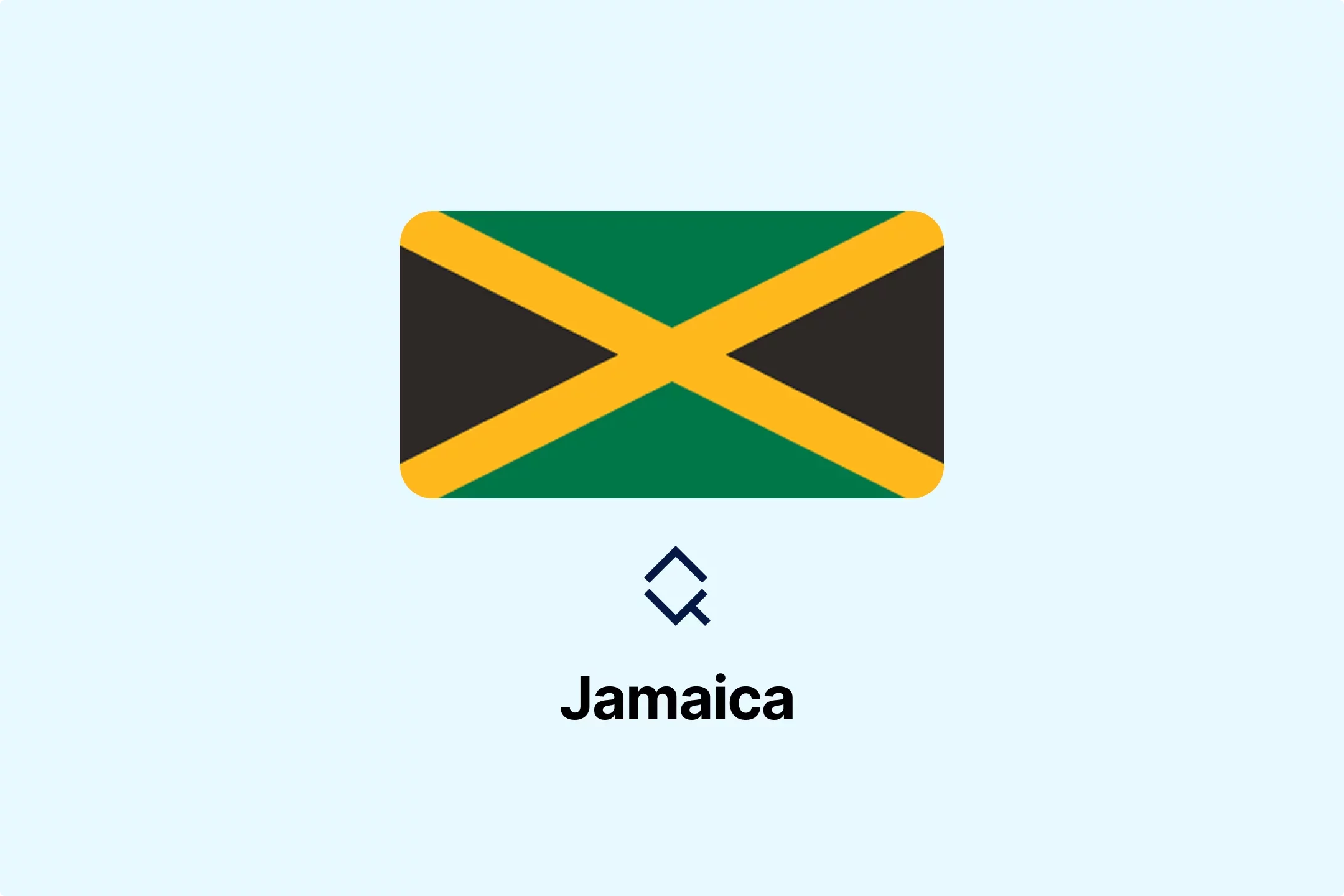
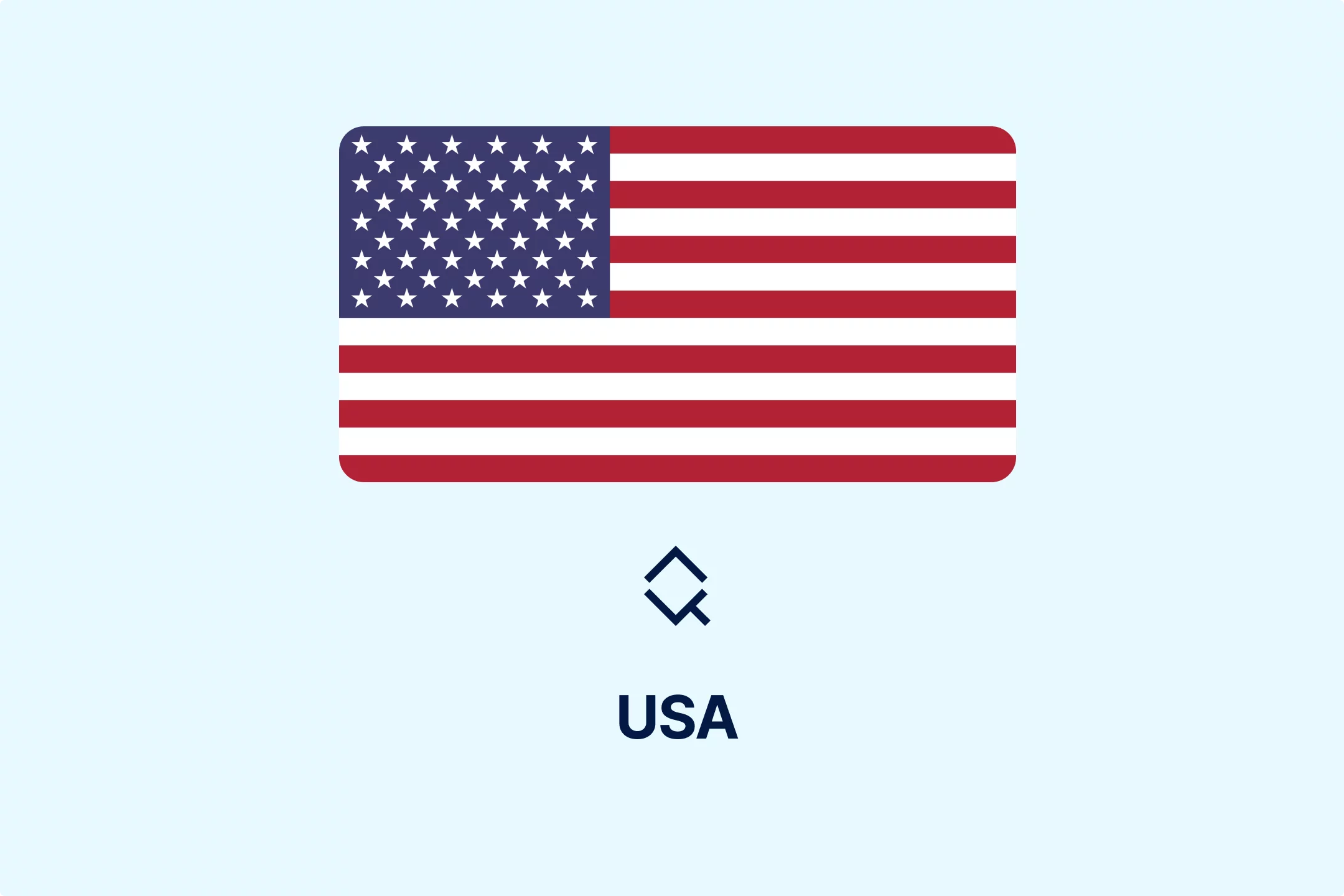
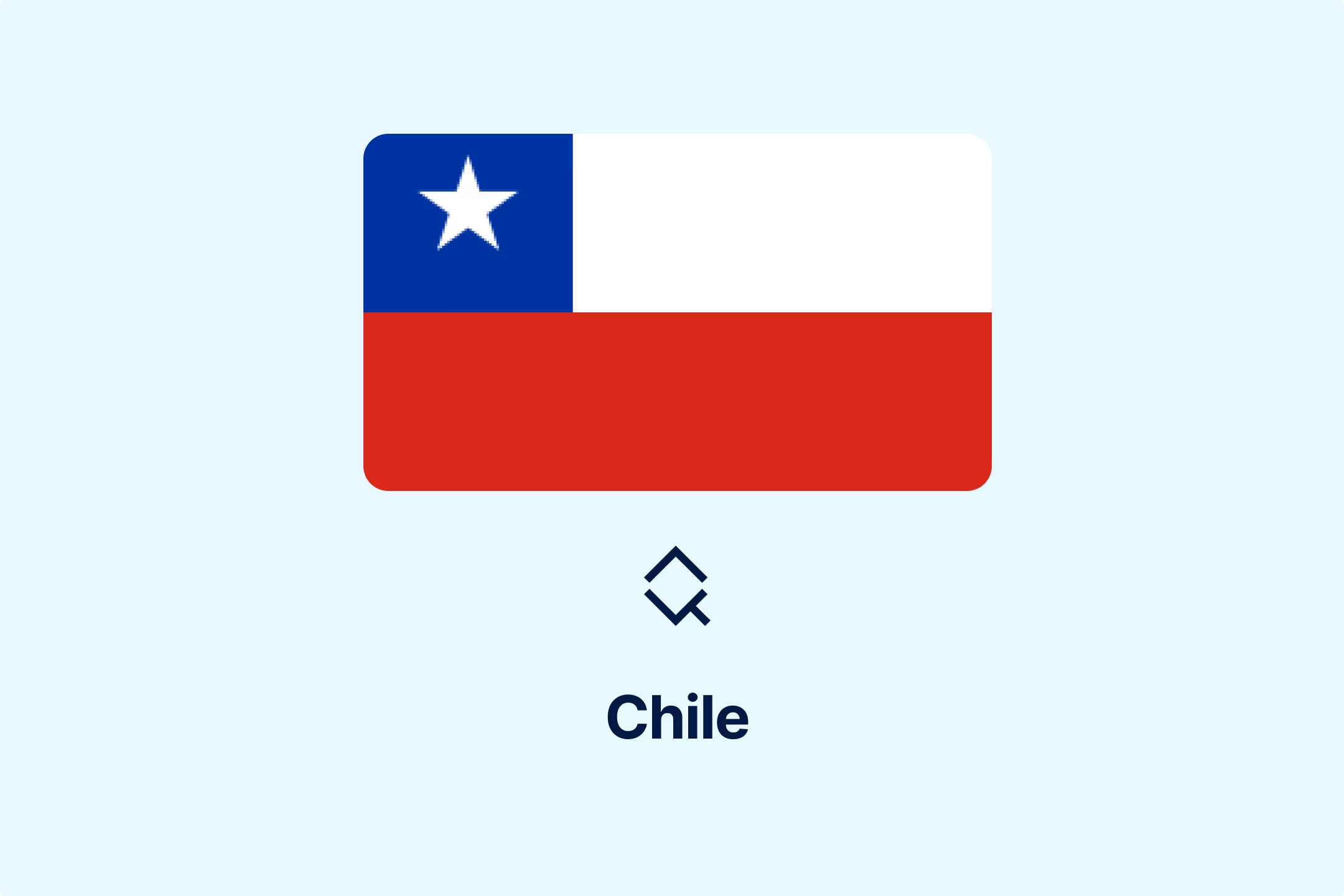
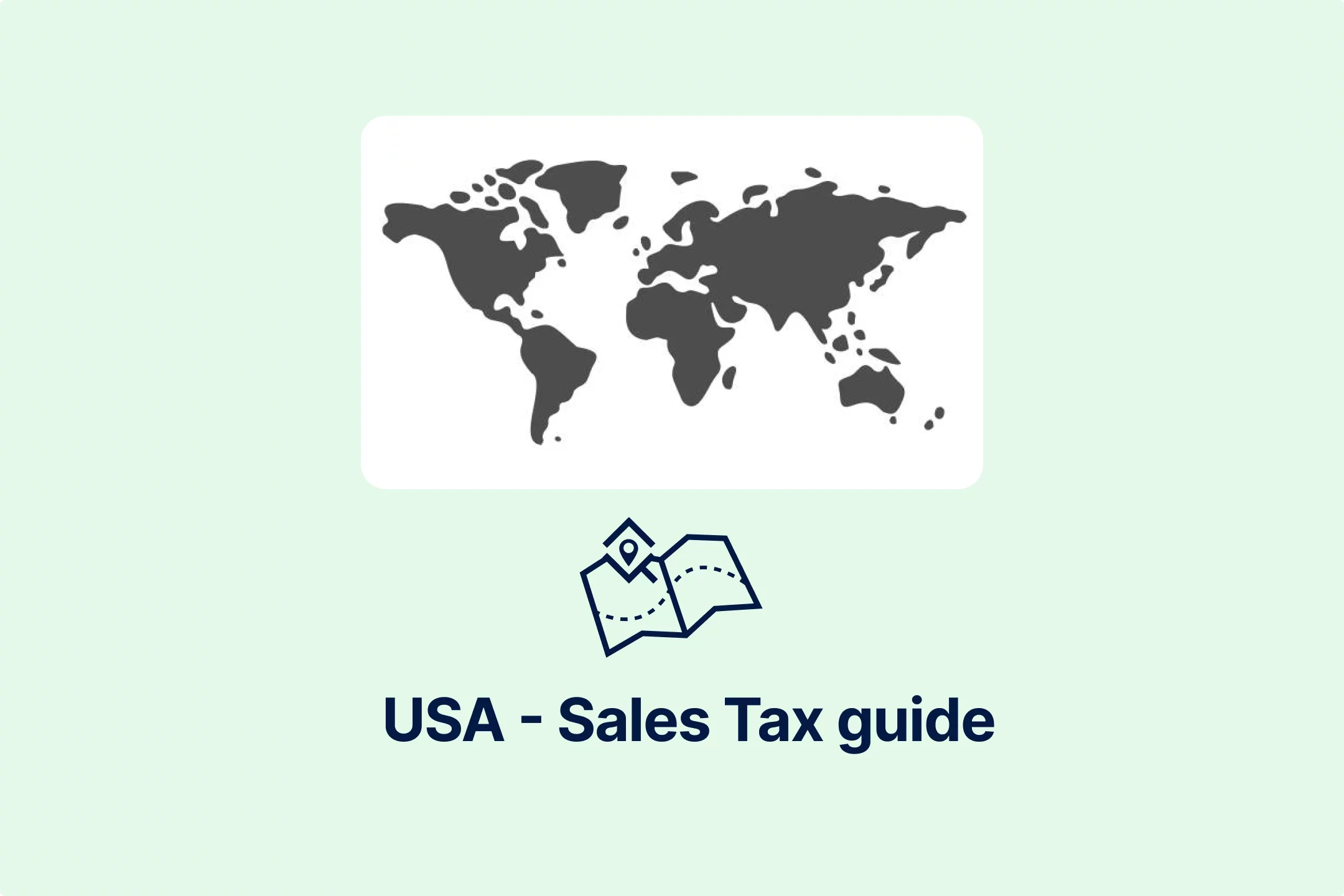
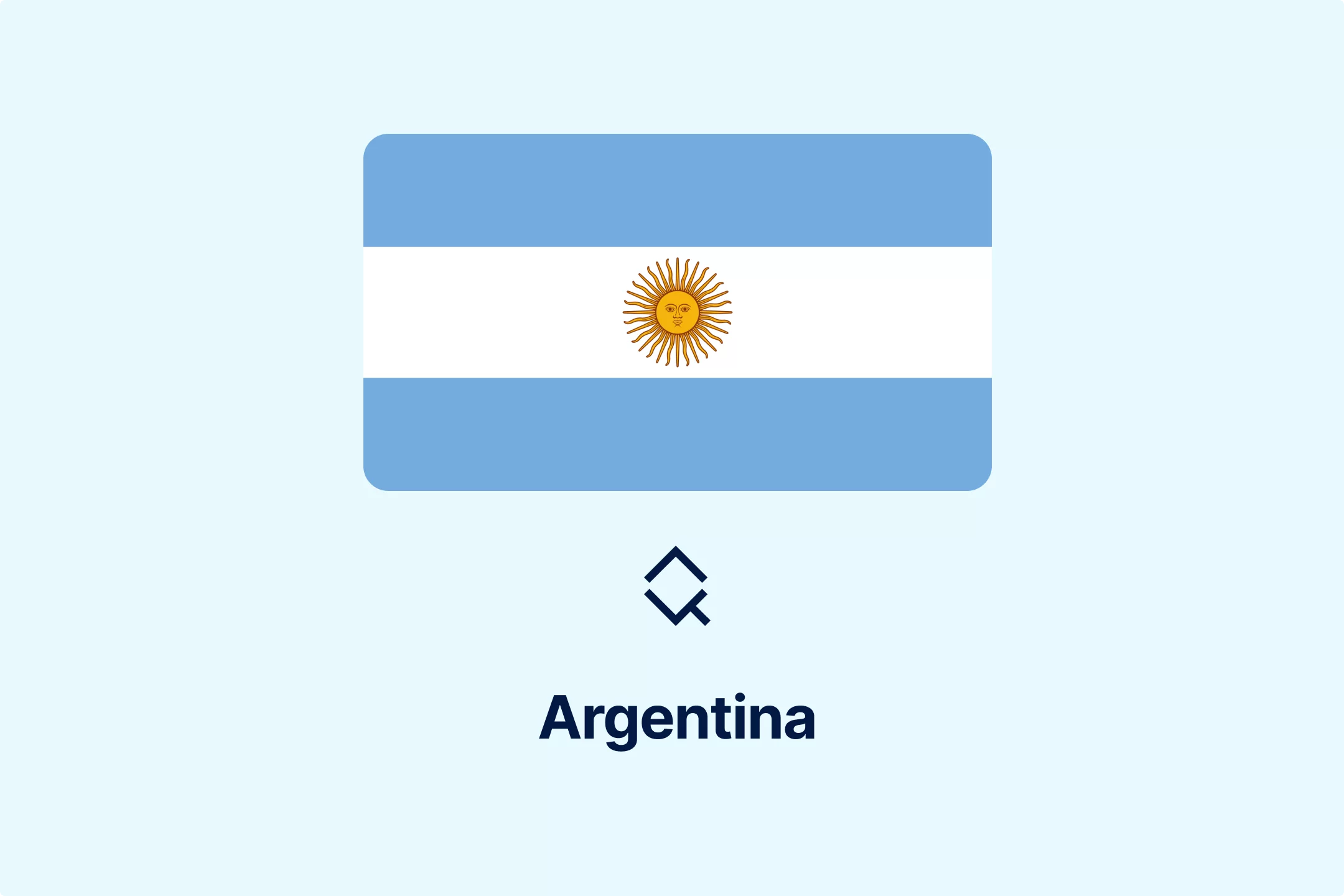
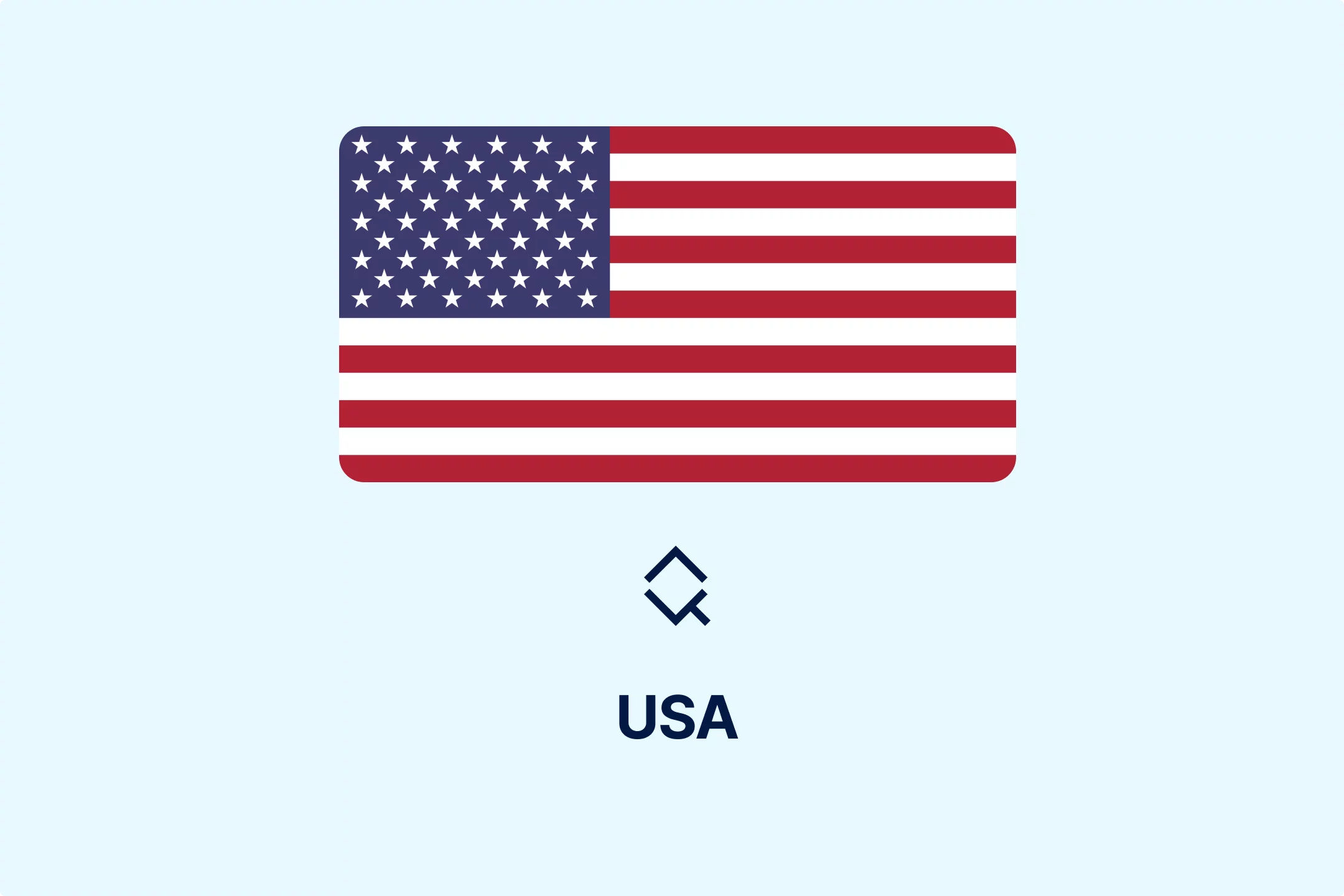
-fd4vrjrcmo.webp)



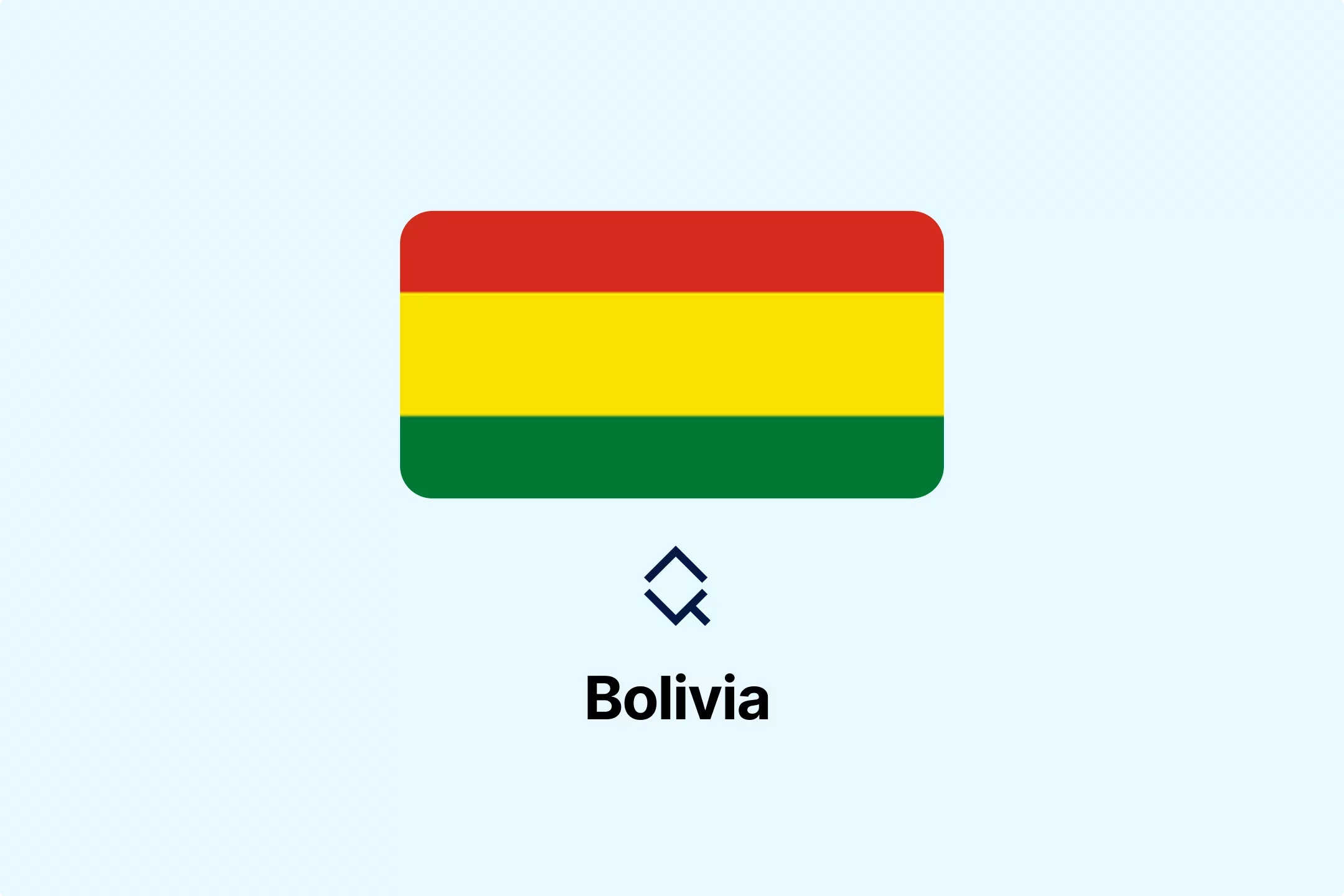

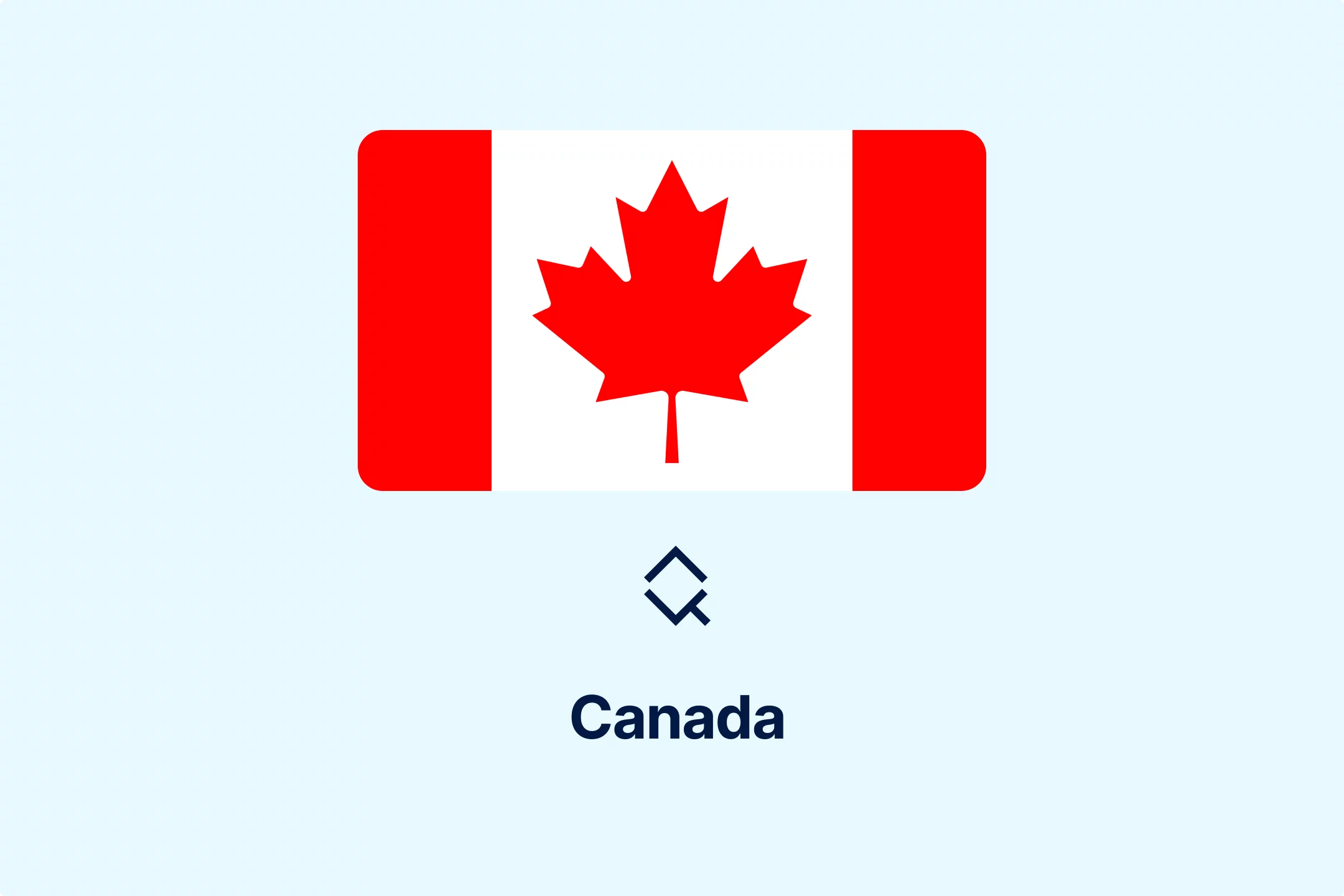





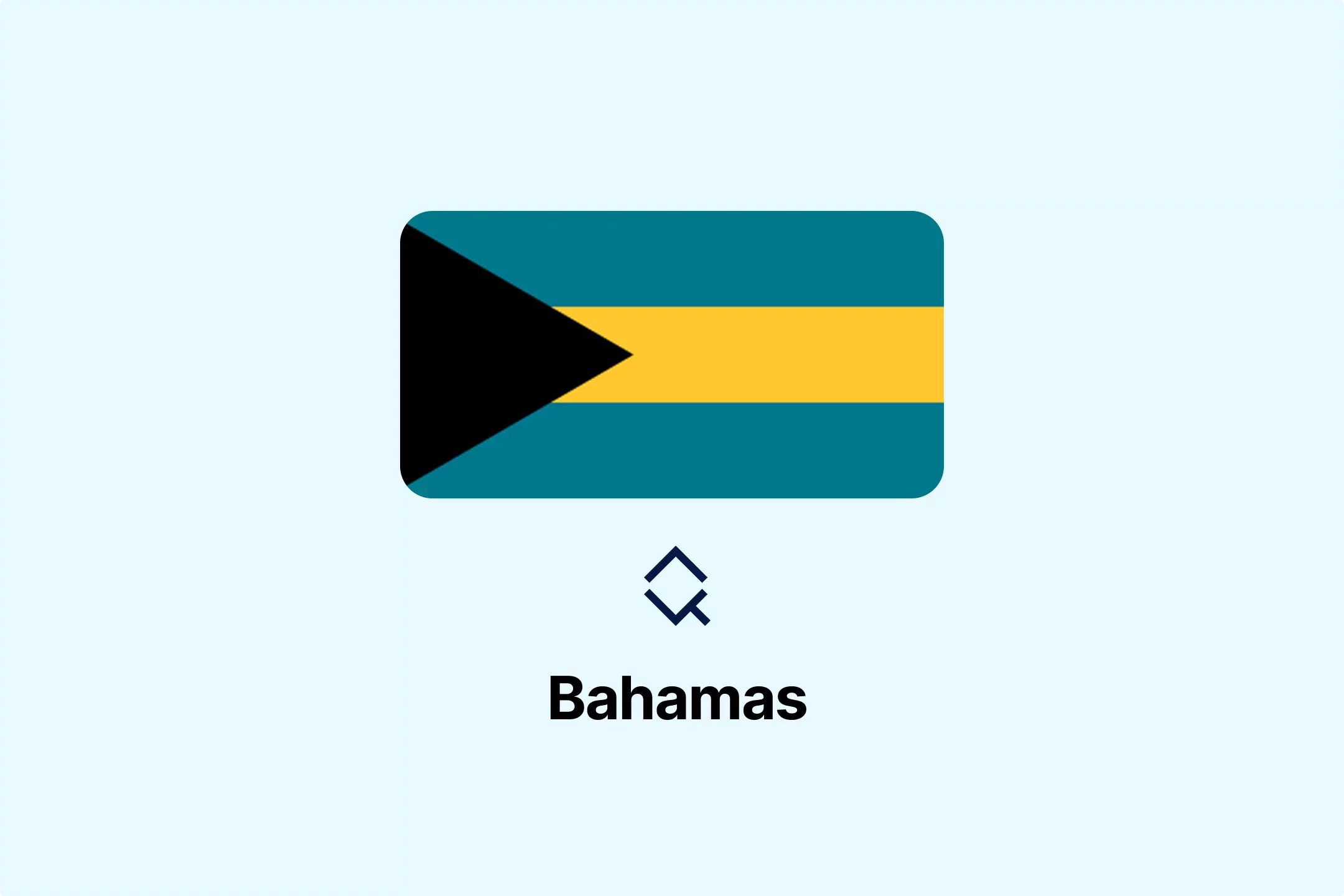



-qoqtiao7l2.webp)

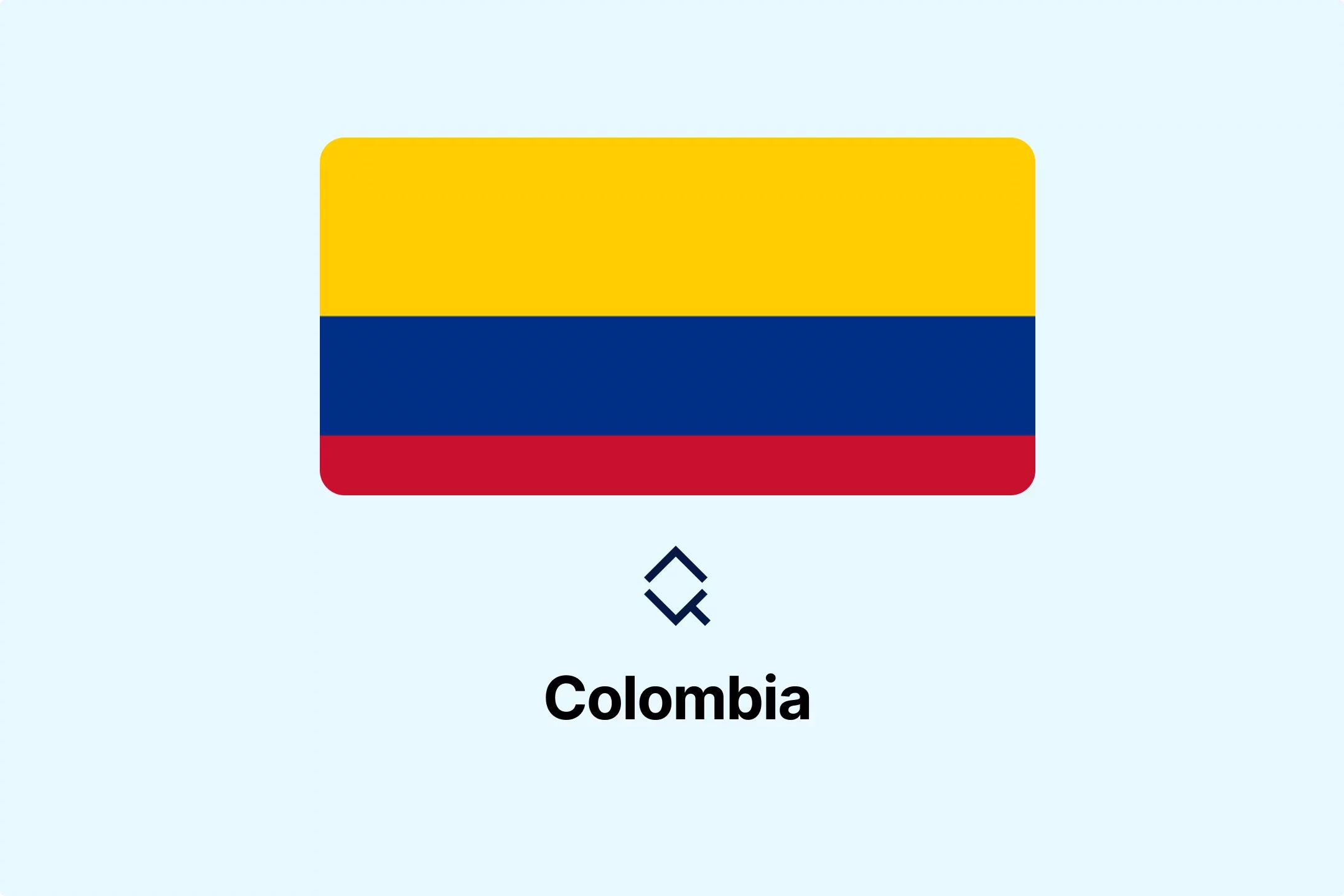
-pdupgqz2r8.webp)
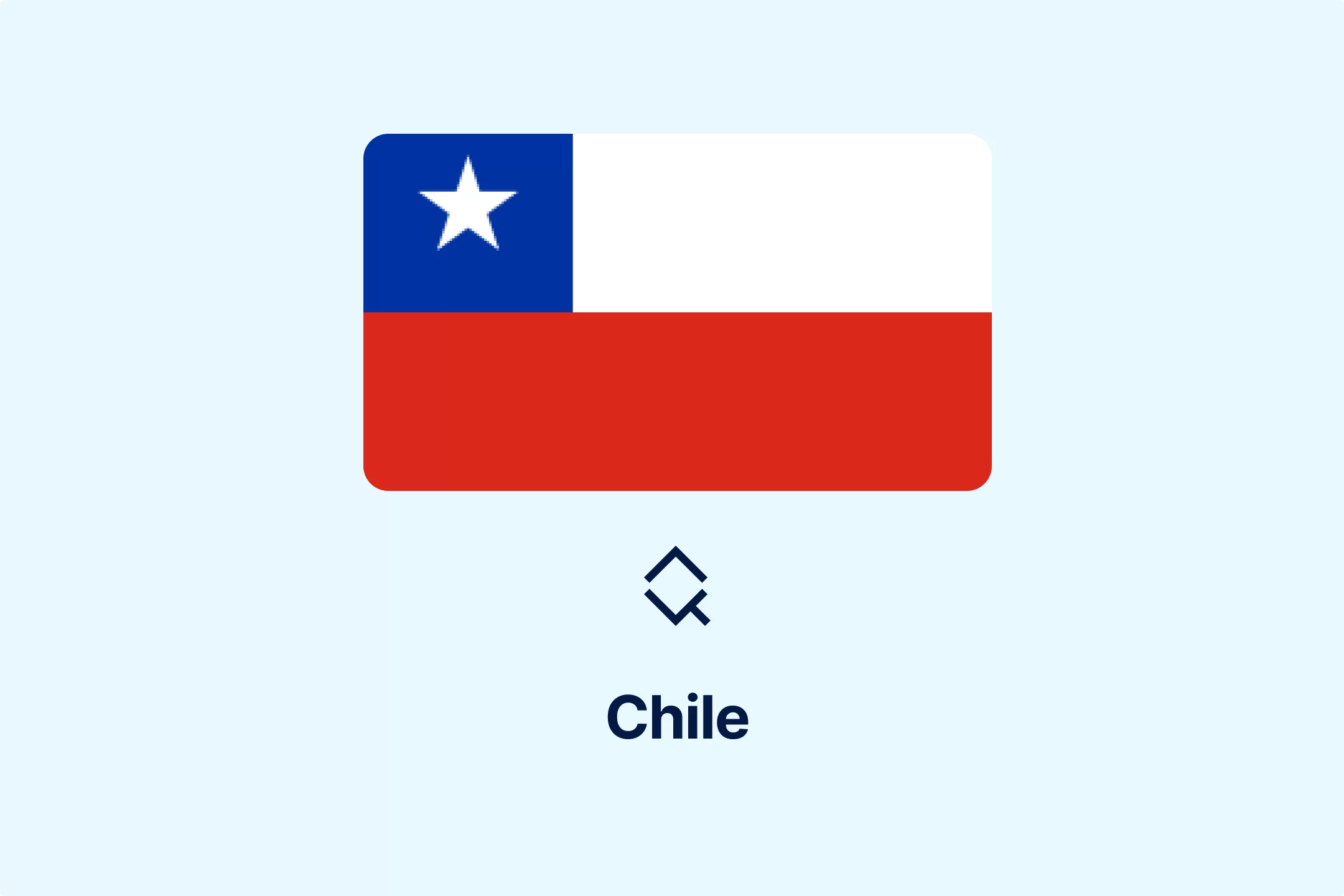
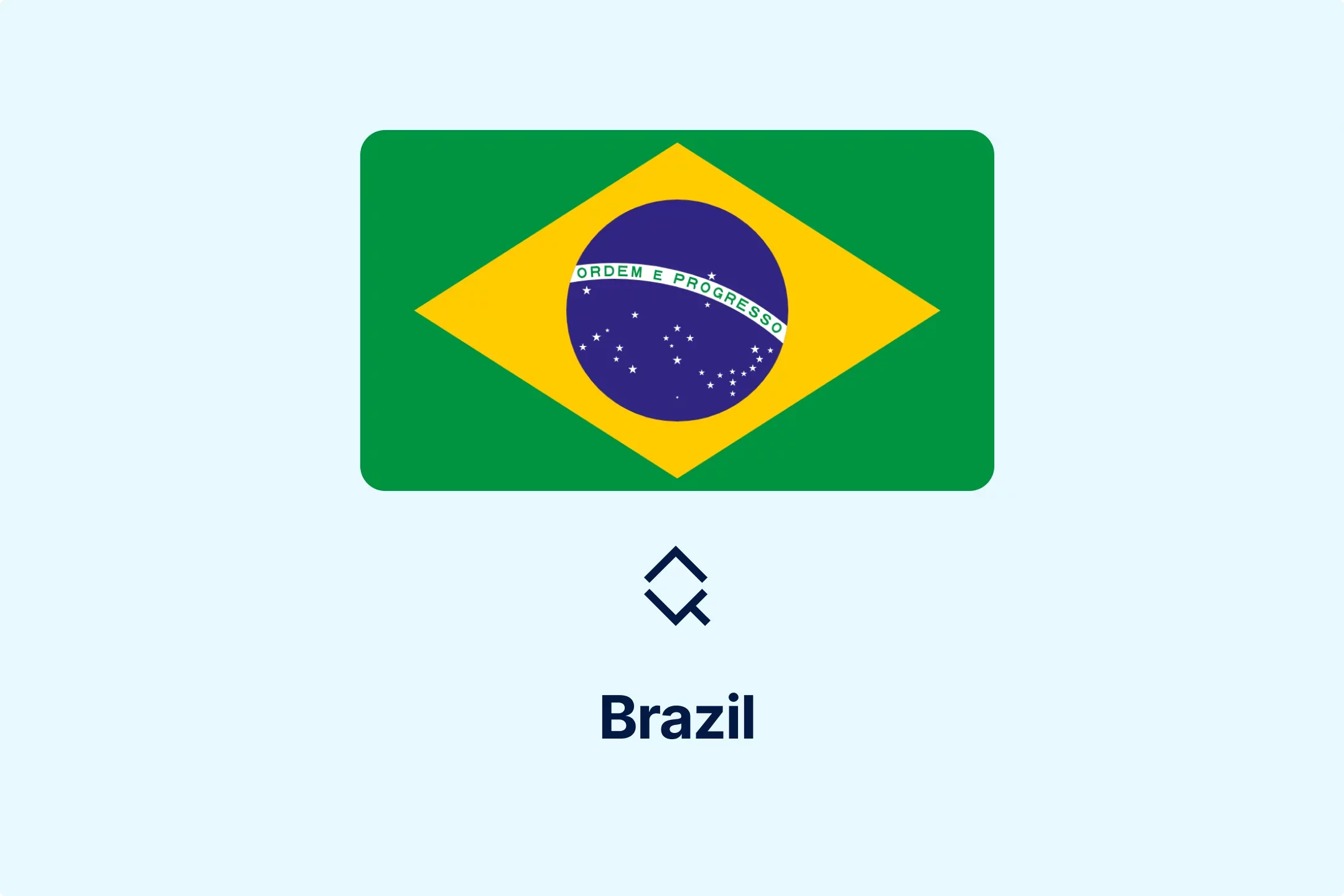




-o0xyg5unvs.webp)

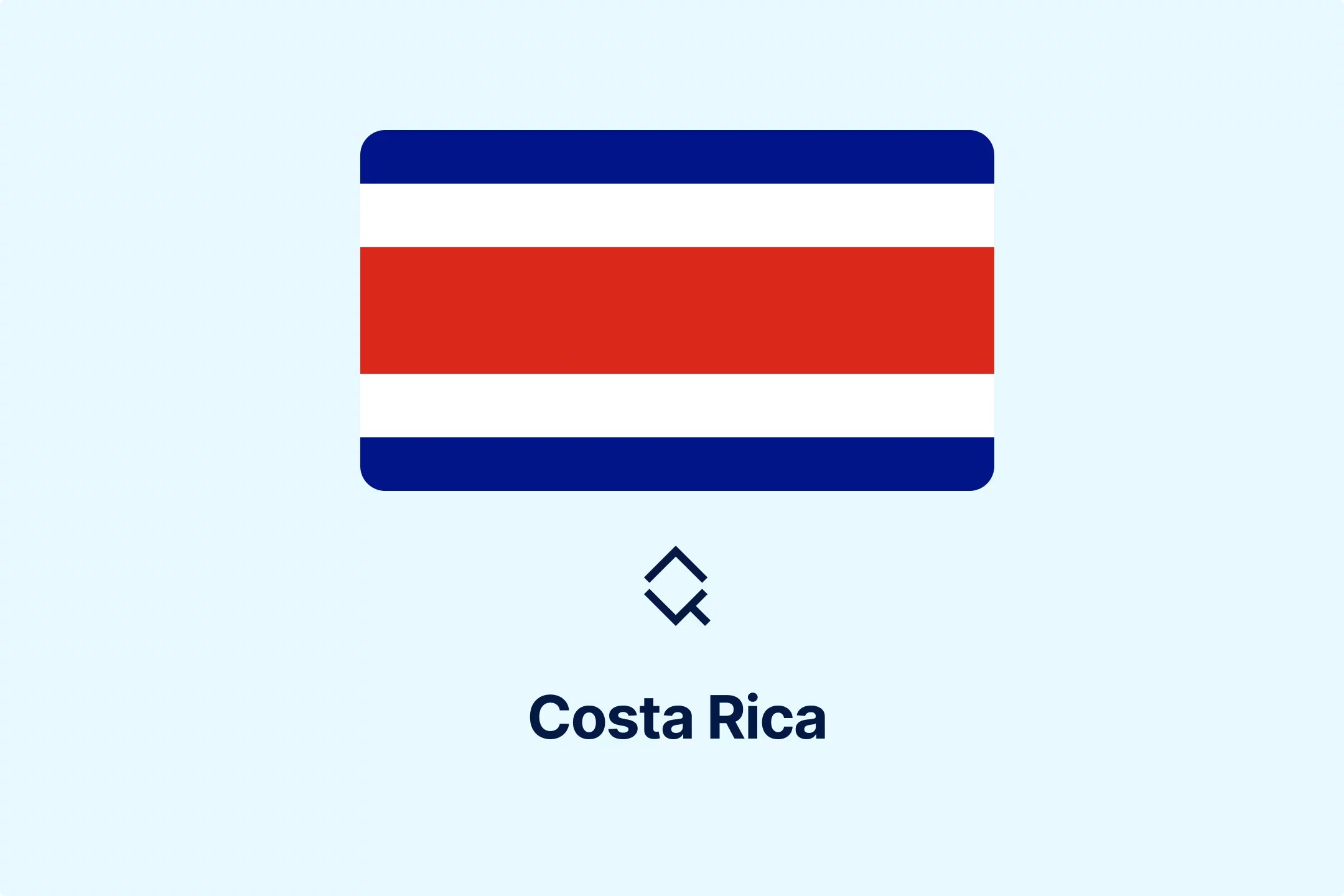
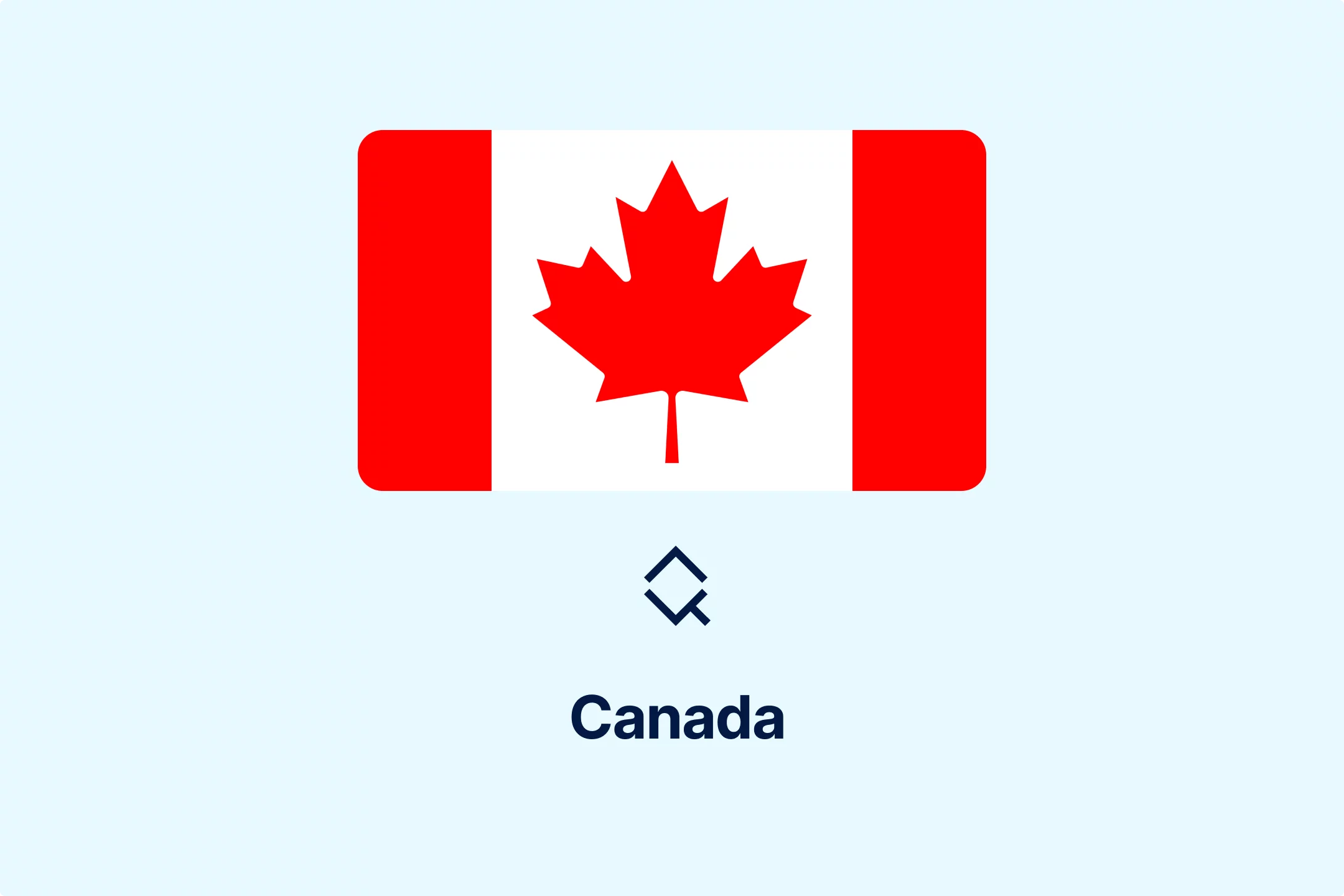
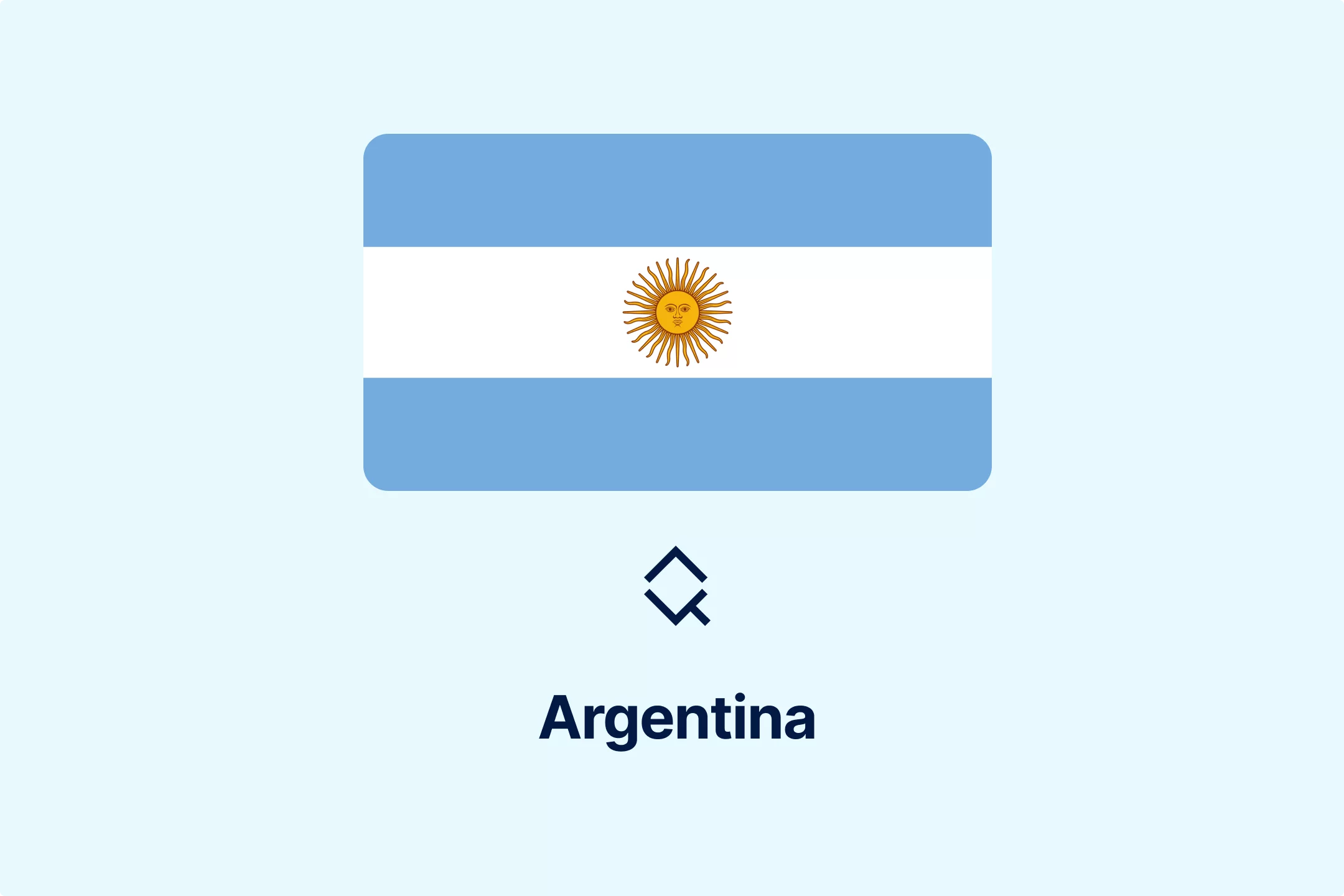



-sebuexzucq.webp)





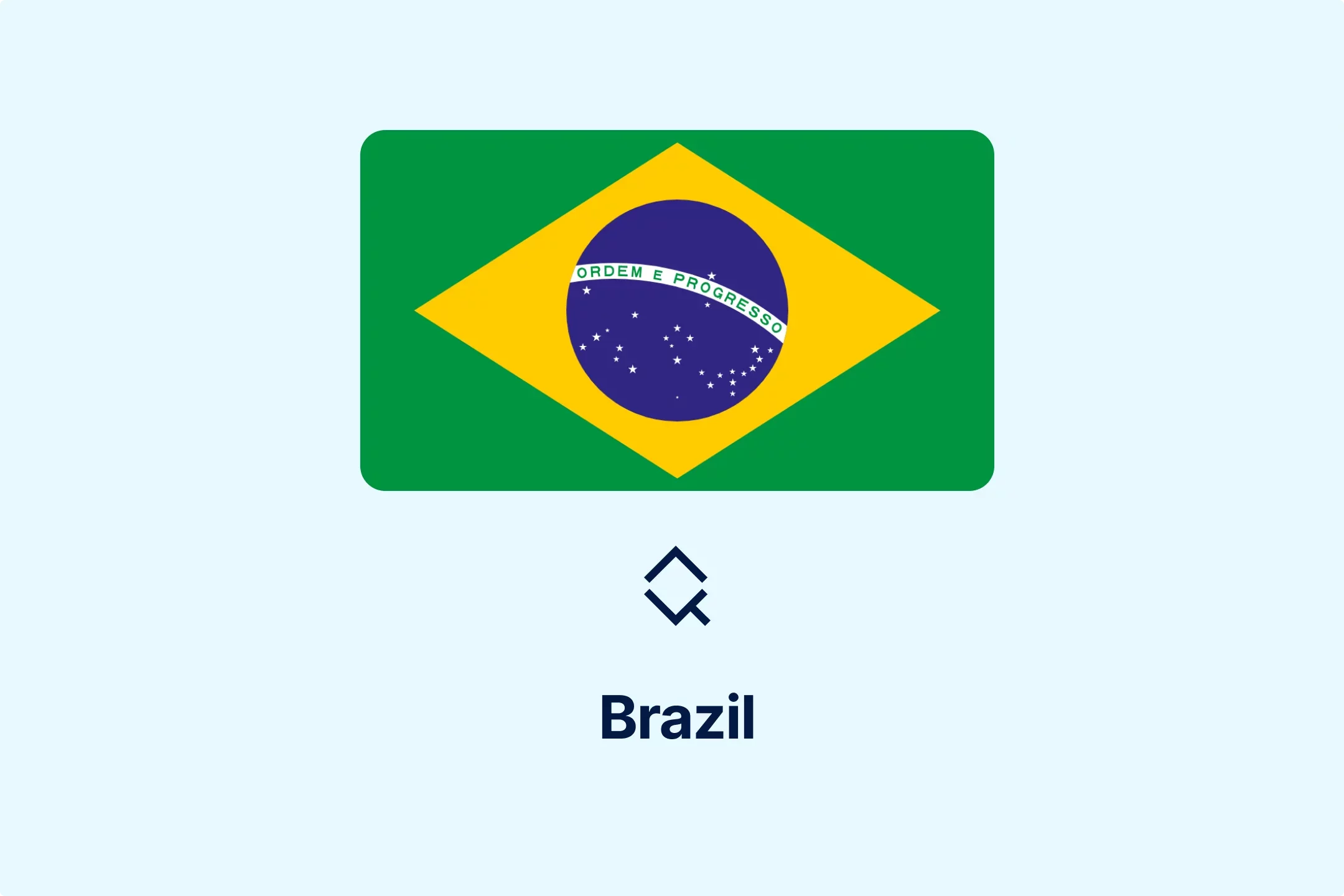

-sug7vykj81.webp)







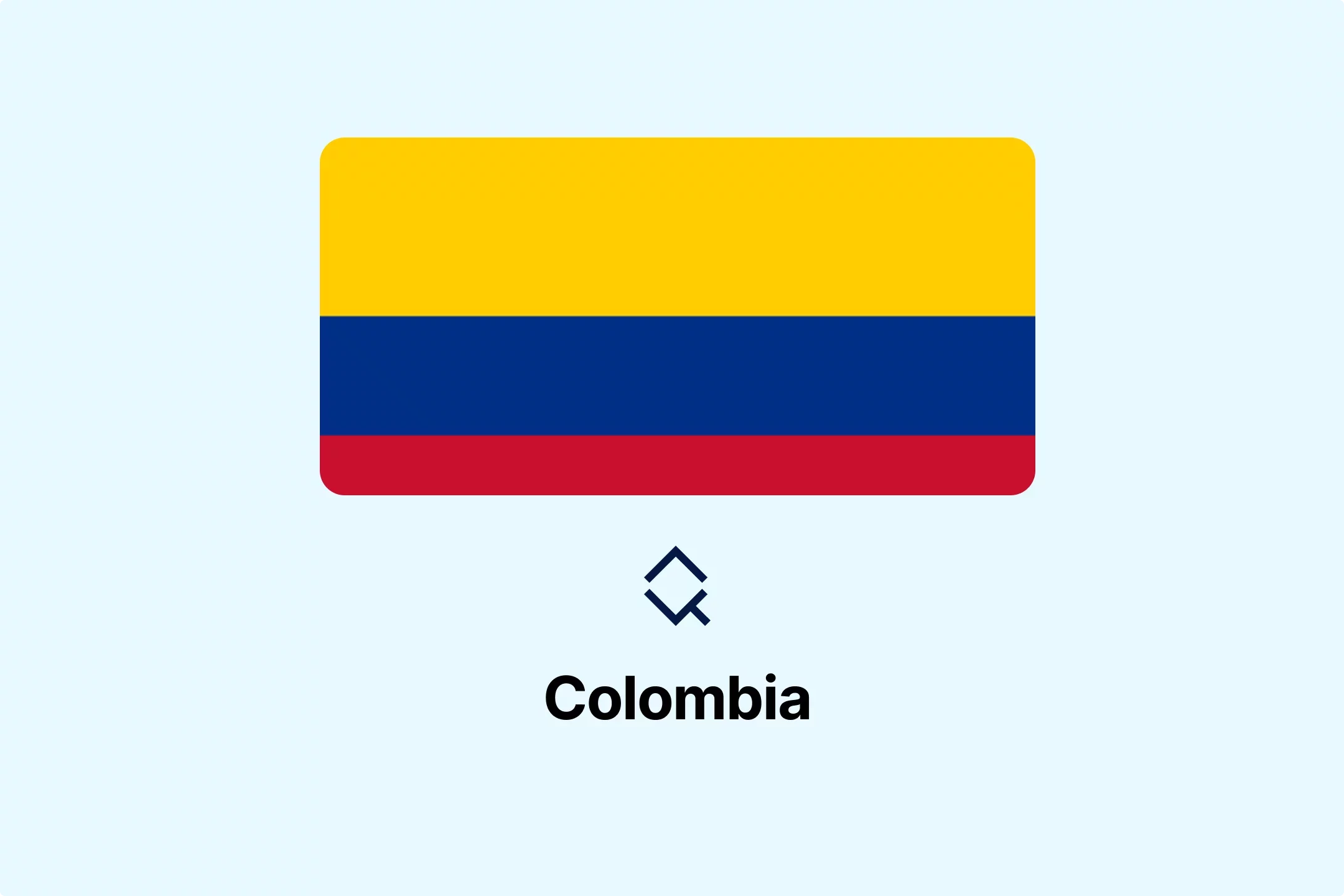
-gsvc6ack9u.webp)

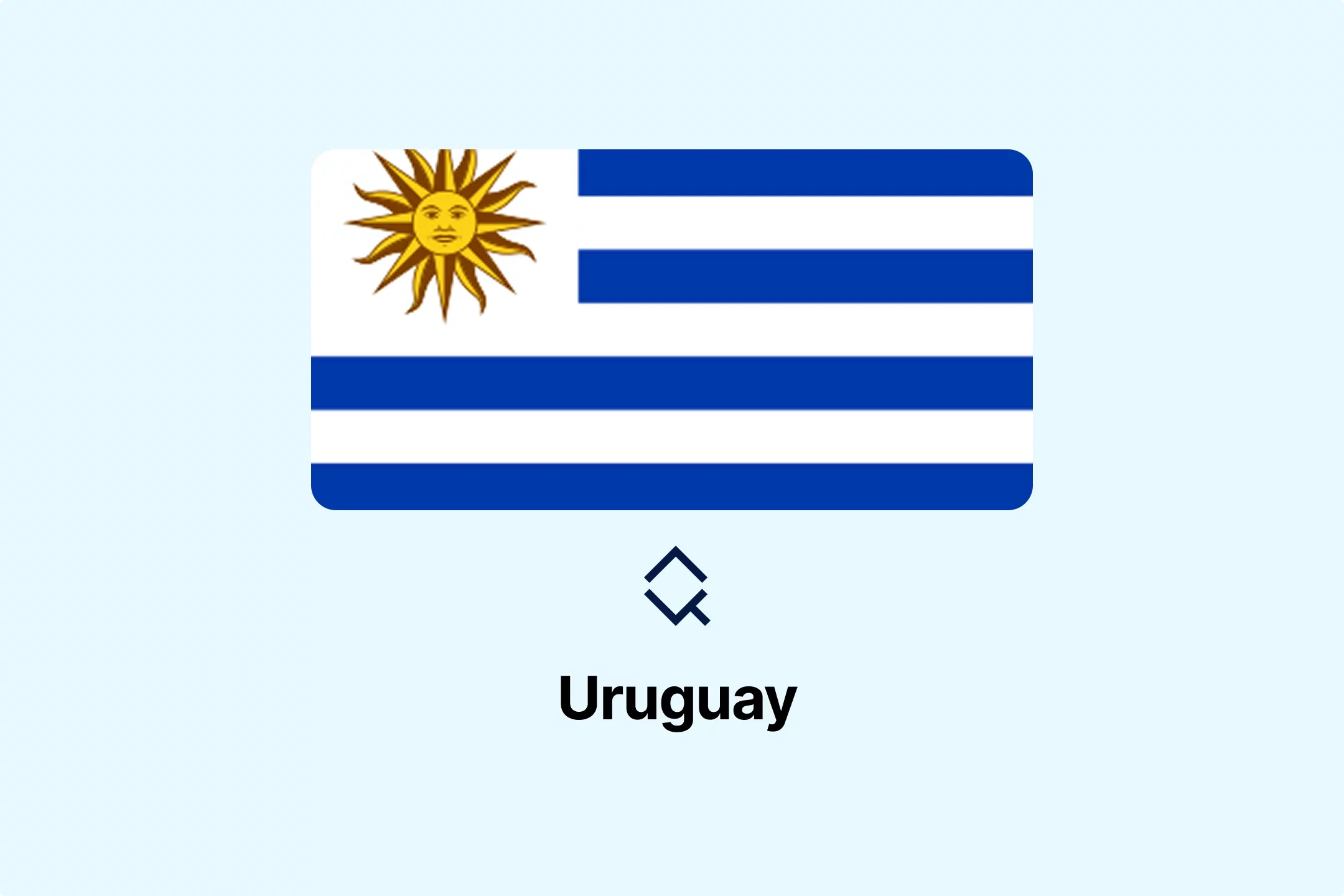


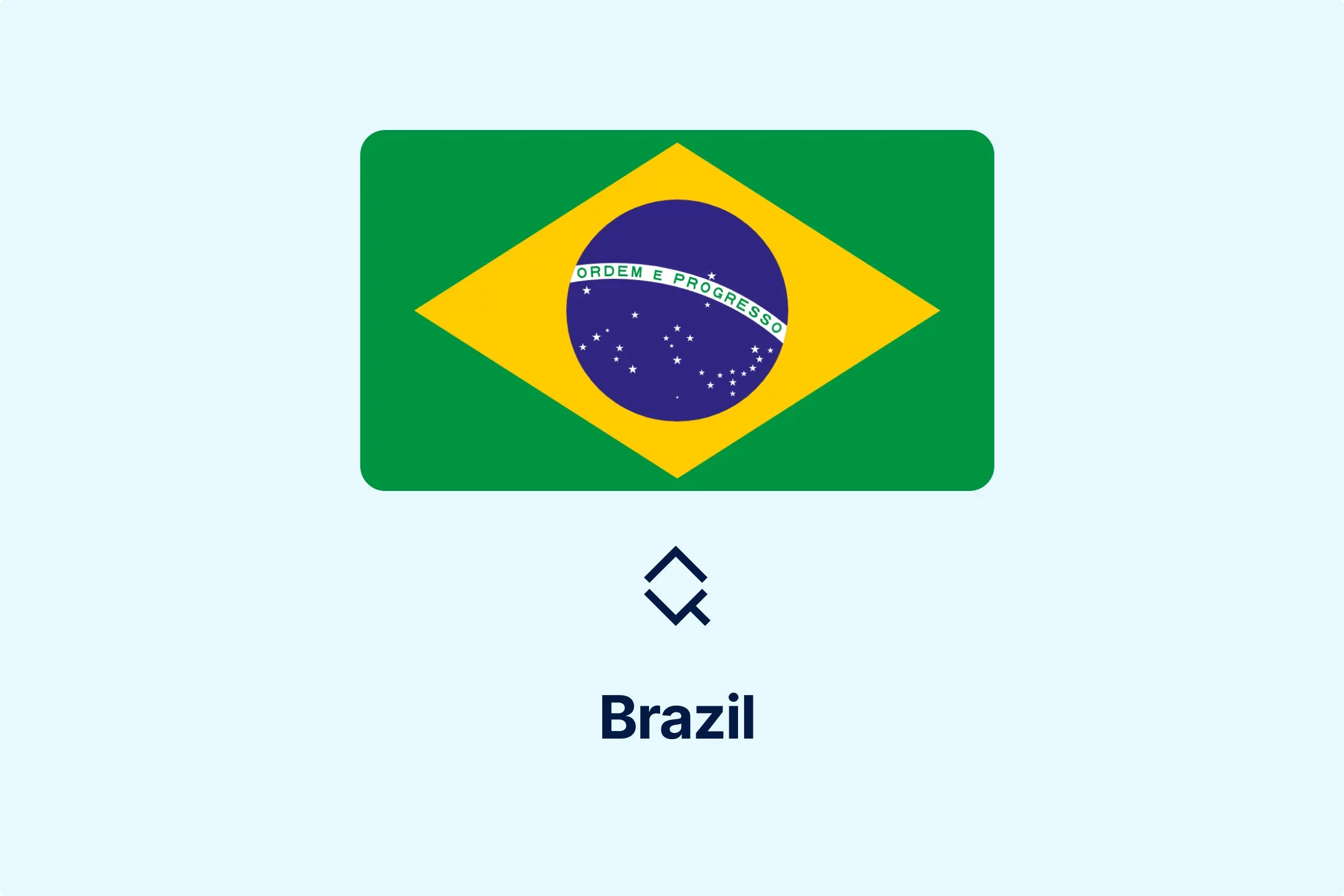


-xsarn0aogt.webp)

-hcel6azmgf.webp)



-p6e3ovhdh3.webp)


-fbovkq9h8b.webp)
-pofe7ucwz3.webp)


-d3qhimei1d.webp)




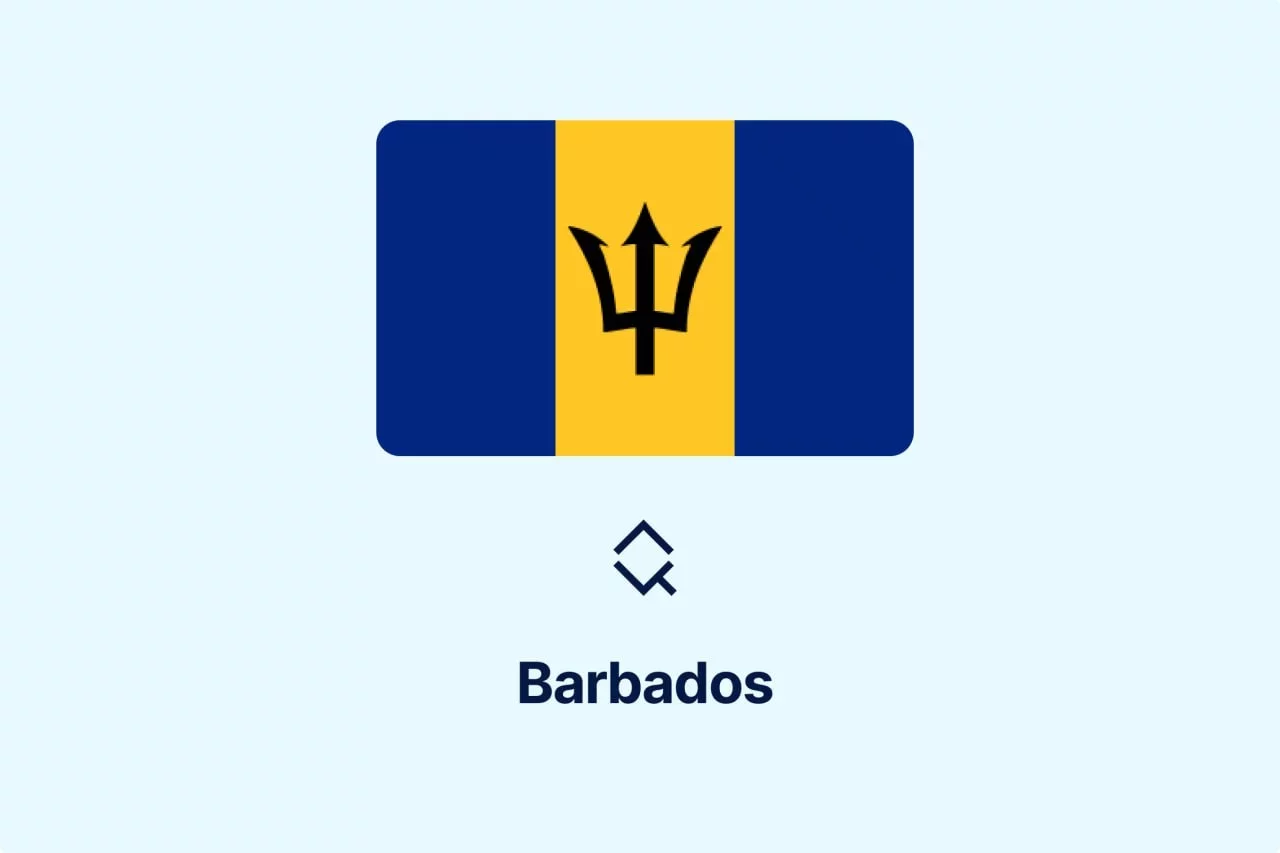

-nilkffjhah.webp)
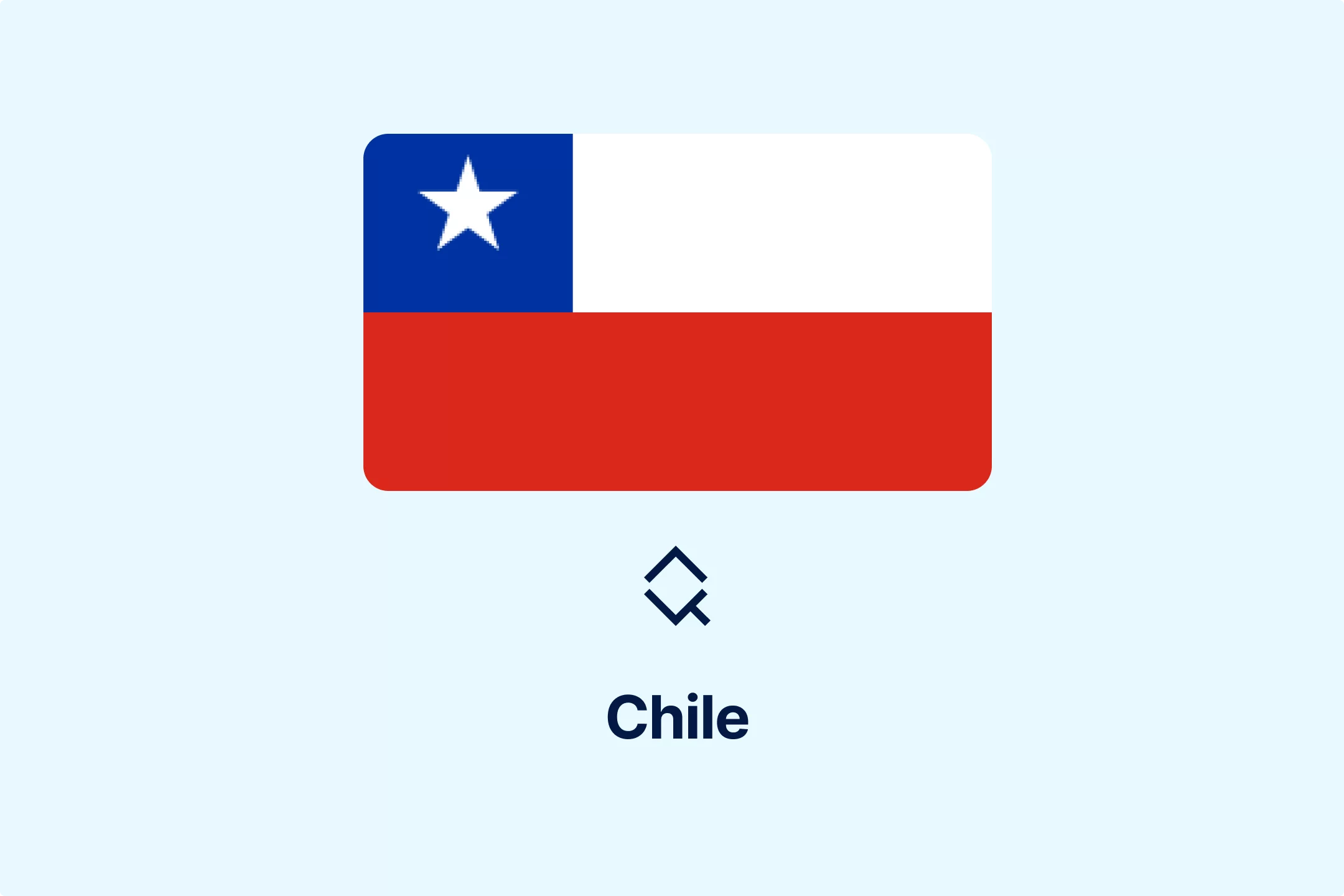












-xbhr0m4jsb.webp)


-ae6fi6cjox.webp)
















-b0fpsws1w1.webp)






















-x78wuofpzj.webp)



















-b44f1vjl1i.webp)




-priw8nq5xc.webp)
-8bkw2pujxu.webp)


.png)

.png)




.png)














































